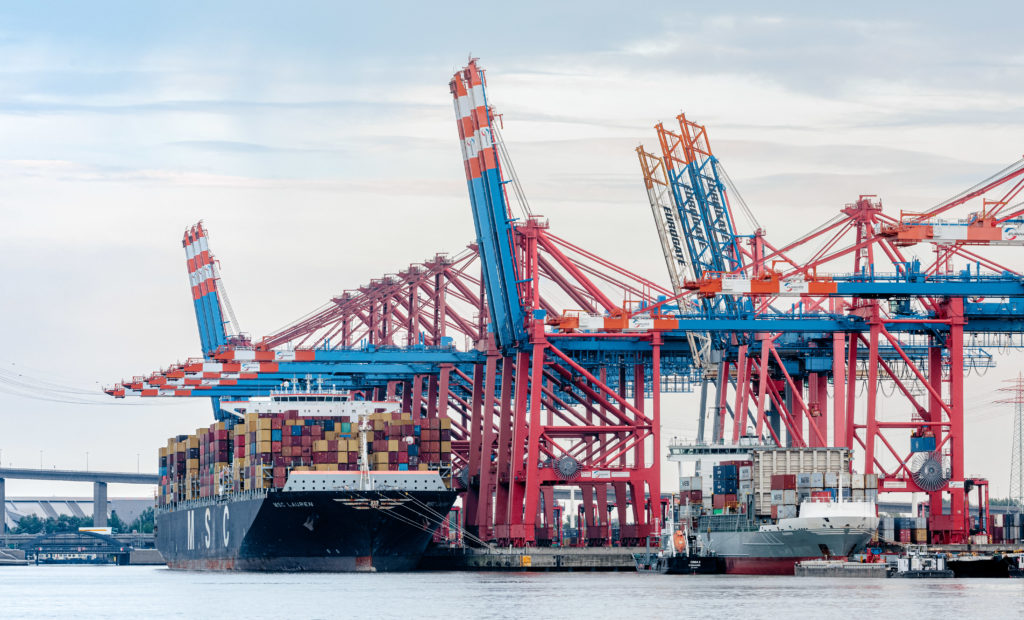Cairo – Egyptian non-oil exports increased 20% in the first half of this year, reaching USD 19.353 billion, up from USD 16.164 billion in the same period of 2021, according to a report by the General Organization for Export and Import Control (GOEIC) obtained by ANBA.
The document revealed the chemical and fertilizer industries accounted for 22% of the total, USD 4.336 billion, against USD 3.217 billion in the first half of last year, representing a 35% growth. Construction materials accounted for 19% of non-oil exports, with USD 3.693 billion against US$ 3.080 billion in the same comparison, a 20% expansion.
The food industry accounted for 11% of exports, with USD 2.147 billion, against USD 2.068 billion in 2021, up 4%. The engineering industry had a 10% stake, with USD 1.887 billion, previously USD 1.483 billion, 27% more.
The revenue of agricultural produce exports rose 10% to USD 1.868 billion in the first six months of 2022 from USD 1.693 billion in the same period in 2021, 10% of Egypt’s non-oil exports. Foreign sales of ready-to-wear clothing grew 42%, reaching USD 1.287 billion, against USD 904 million in the same comparison, 7% of the total.
The report pointed out that exports of printing, packaging, paper, books, and technical works increased 37%, to USD 615 million, against USD 445 million, 3%. International sales by medical industries grew 36% to USD 471 million over USD 347 million, 2% of exports.
The report mentioned the increase in Egyptian exports of the spinning and textile sector was 30% in the same comparison, with USD 555 million, compared to the previous USD 427 million, 3% of the total. Furniture accounted for 2%, up 6%, attaining USD 325 million. Exports of leather, footwear, and leather byproducts increased 24% to USD 52 million, 0.3% of the total.
Some segments had a drop in shipments. Among them were handicrafts, whose exports dropped 11% to USD 124 million from January to June 2022 compared to USD 138 million in the same period in 2021. The sector accounted for 1% of Egyptian non-oil exports.
Translated by Ahmed El Nagari & Elúsio Brasileiro




